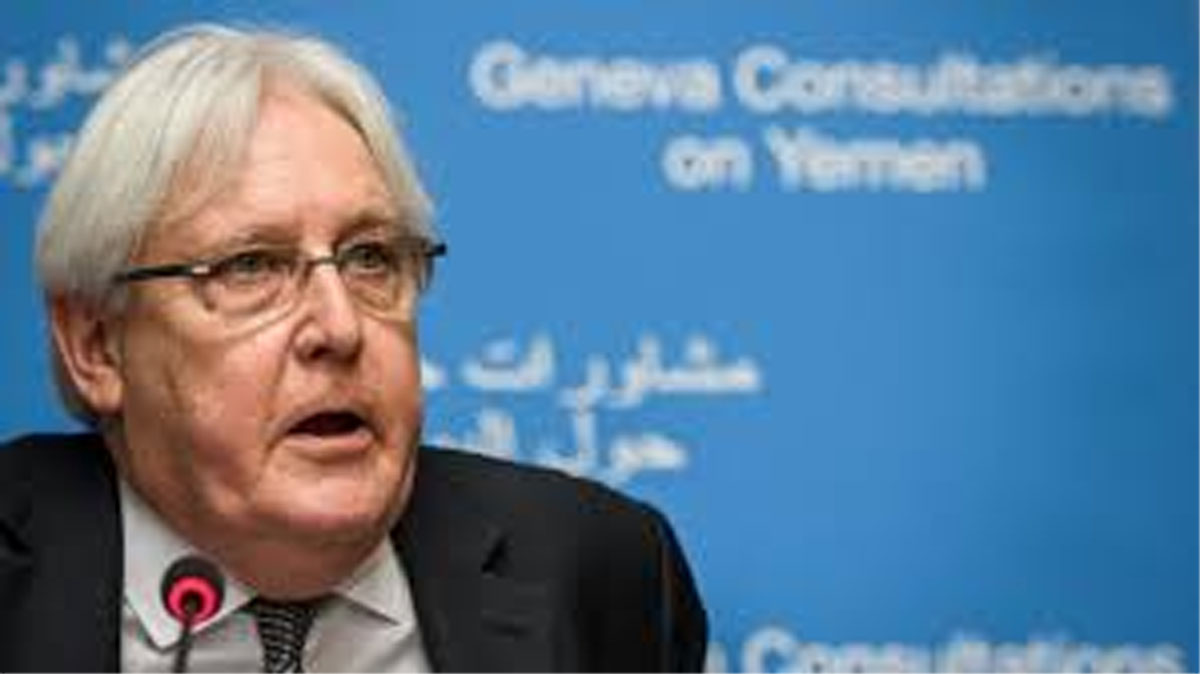UNITED NATIONS, (US) May 16: The UN envoy for Yemen warned Wednesday that despite a rebel withdrawal from key ports, the country still faced the threat of plunging into all-out war.
“Despite the significance of the last few days, Yemen remains at the crossroads between war and peace,” Martin Griffiths told the UN Security Council.
Yemen’s government and Huthi rebels must press on with further redeployments of forces and return to the negotiating table for talks on a broader peace settlement, he said.
“There are signs of hope,” he added, but there are also “alarming signs” of war.
The envoy delivered the warning after the Huthis pulled out of three Red Sea ports, in line with a ceasefire deal reached in Stockholm in December.
The pullback from Hodeida, Saleef and Ras Issa marked the first concrete step to implement the Stockholm agreement, which was hailed as a breakthrough in efforts to end the war.
The Huthis handed over control of the ports to a “coast guard”, but some government officials said these forces were in fact rebel fighters in different uniforms.
The pullback from the ports had been delayed over disagreements on the makeup of local security forces that are to be deployed to those facilities.
Griffiths acknowledged that the first phase of the redeployment was incomplete, and that an agreement on the local security forces was still under negotiation.
Despite the complications, Griffiths hailed “a new beginning in Hodeida”, saying that “change is now a reality”. Danish General Michael Lollesgaard, who heads a redeployment commission, told reporters by videolink from Hodeida that the Huthi handover of the ports would be verified by all sides at a later stage.
“We are not sidelining the government of Yemen in any way,” he said.
Hodeida is the main entry point for the bulk of Yemen’s imports and humanitarian aid, providing a lifeline to millions of people who are on the brink of famine.
Talks are continuing on the second stage of the redeployment which will see pro-government forces and the Huthis pull back from the city of Hodeida, but Lollesgaard declined to give a timetable for that withdrawal.
“I’ve stopped making predictions,” he said after acknowledging that he had previously underestimated the difficulties involved in reaching a deal.
The conflict, which has killed tens of thousands of people, has had a devastating toll on civilians and triggered the world’s worst humanitarian crisis, according to the United Nations (UN).
The head of UNICEF, the UN children’s agency, said that while a ceasefire was largely holding in Hodeida, fighting was raging “across 30 active conflict zones — home to nearly 1.2 million children”.
“Hospitals, clinics and water systems are in ruins — with half of the country’s hospitals and clinics destroyed,” Henrietta Fore told the council. “We are at a tipping point. If the war continues any longer, the country may move past the point of no return.”
A Saudi-led coalition intervened in Yemen in March, 2015 to push back an advance by the rebels, who continue to hold the capital Sanaa, and to restore to power President Abedrabbo Mansour Hadi. (AGENCIES)


